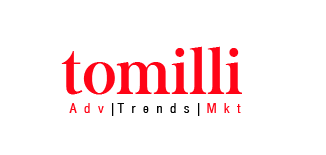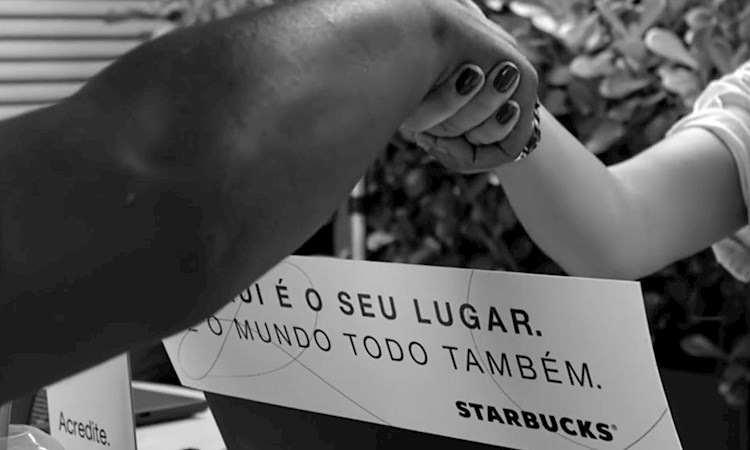Rafael (Rafa) Pitanguy, Deputy Global Chief Creative Officer at VMLY&R, says that the creative industries have the power to change the world
Change is happening and VMLY&R’s award-winning “I am” movement for Starbucks is proof of that. The brief was all about building a movement that delivers social change but, at the same time, conveying what Starbucks stands for, and how it wishes to define itself.
What is more, we not only wanted to change the perception of one brand – we wanted there to be a domino effect. This is exactly what has happened. When we talk about making the world better, we don’t want to be the only ones doing it. We want everybody to do it.
Building the Starbucks movement
In this case, we knew an awareness campaign was simply not enough. The transgender situation in Brazil was urgent: 2% of the population – the transgender community – was becoming disenfranchised, without access to quality work or housing, and life expectancy was limited to around 35 years. This represents around 4.5m people. It was time to act.
Starbucks is a huge supporter of the transgender community all around the world. It hires many people from this community, particularly in Brazil. VMLY&R wanted to build a movement that spoke to Starbucks’ brand values but also brought about change.
Anyone who has visited a Starbucks store will know that, whether you are in Kuala Lumpur or Lima, you most likely will be asked your name. Starbucks is a brand that has established a personal connection with consumers by using their names. But not everyone has the right to use the name they identify with outside a Starbucks store, especially the transgender community which struggles with the rectification process in Brazil.
So, VMLY&R turned a Starbucks into a notary office where the trans community could change their names legally, and they could be treated with the care and respect that they deserve.
The trans community was brought into the project from the beginning and Uni Correa, a brilliant transgender producer, engaged. We started out wanting to transform the trans community, but we ended up transforming everyone involved, from the agency to the client. It was a chance to get really close to the community, to understand their struggles and their feelings.
This is not just a snapshot
Rectifying names in a coffee shop in Sao Paulo was just the start. When Covid hit and the stores were closed, the rectification process shifted online. Every week a huge number of names are rectified in Brazil – the movement has picked up momentum, people from all communities have been drawn in and real change is happening.
The movement also succeeds as a traditional marketing campaign. It has had the highest number of engagements that a Starbucks campaign in Brazil has ever had – and there has been a lot of media interest around it. The campaign showed that a brand really can change people’s lives. And consumers like brands that take a stand and have purpose.
As for VMLY&R itself, the Starbucks movement has shifted the ideation process – and there is potential to make further differences to communities. This experience has changed the way we work, including the way we work emotionally.
An acute problem in Brazil
What is it about being transgender in Brazil that has the power to shift a campaign up a gear into a movement?
The fact that 2% of Brazil’s population is transgender is a good place to start. Largely this proportion of society is marginalised, excluded from basic human rights and societal constructs, and life expectancy is much diminished. Not having documentation as proof of the name with which you associate yourself makes it impossible to live within the rules by which society is run.
Without verifiable identity, you also cannot go to college, apply for a job, secure decent healthcare, housing or even a mobile phone contract. And there is a loss of dignity. Rectifying your name as a transgender person in Brazil has traditionally been costly, inconvenient, even humiliating. Starbucks has taken the sting out of it.
This is just the start
This project has become part of Starbucks’ agenda. We are in our third year in Brazil. The project is not advertised anymore, but it’s part of Starbucks’ social agenda and names can still be rectified online.
The possibilities for roll-out to other countries are vast, especially where there is a sizeable transgender community, or where there are other significant social issues to resolve through the power of changing perceptions.
Taken from: https://www.wpp.com/wpp-iq/2022/03/i-am-who-i-am





